President Vladimir Putin has extended his term in the Russian government until 2030. He achieved it by sustaining a strategic presidential election with no real opposition to demonstrate popular support for his domestic authority and his move into Ukraine.
Russian citizens expressed broad dissatisfaction with the undemocratic voting process by forming huge lines at polling booths at noon, demonstrating major public dissatisfaction and indicating a growing desire for change in politics and democratic transparency.

If Putin serves out his term, he will surpass Catherine the Great as the longest-serving Russian president in history, prompting discussions on the historical background, political longevity, and implications of long-term leadership in a democratic country.
The Kremlin’s announcement of Putin’s victory with an overwhelming 87% of the vote raised eyebrows globally, resulting in numerous questions about the transparency and legitimacy of the electoral process, adding to concerns about standards of democracy, electoral integrity, and political accountability in Russia.
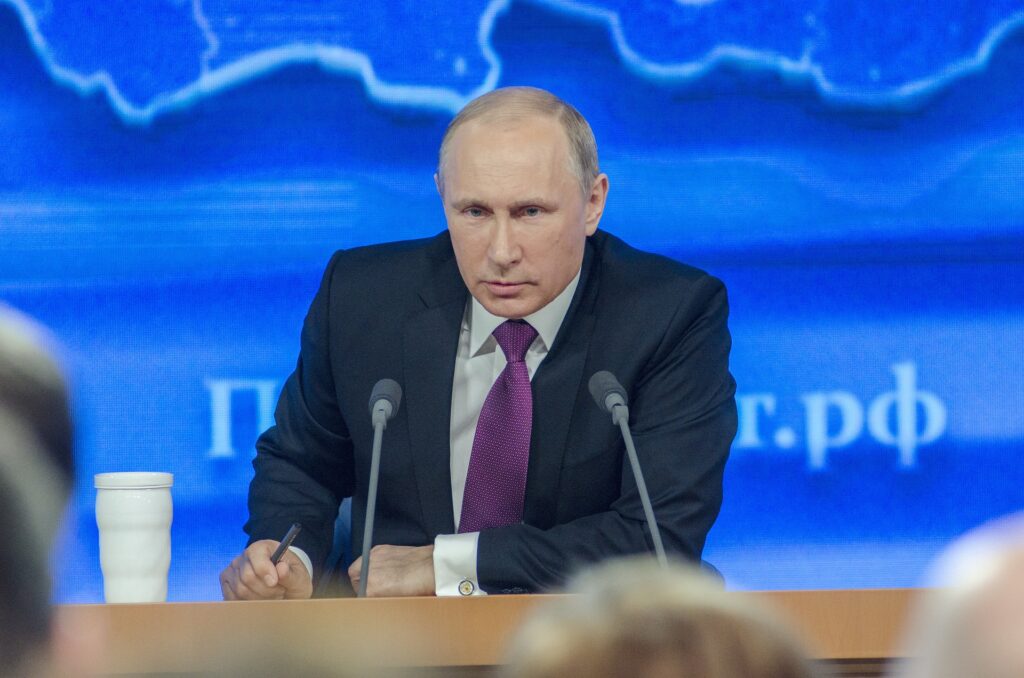
Putin’s acknowledgement of Alexei Navalny during the news conference suggests a potential shift in Kremlin policy towards the opposition leader, with implications for Russian politics and foreign relations.






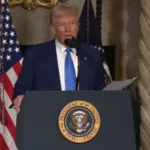






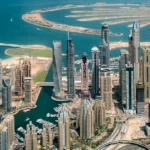


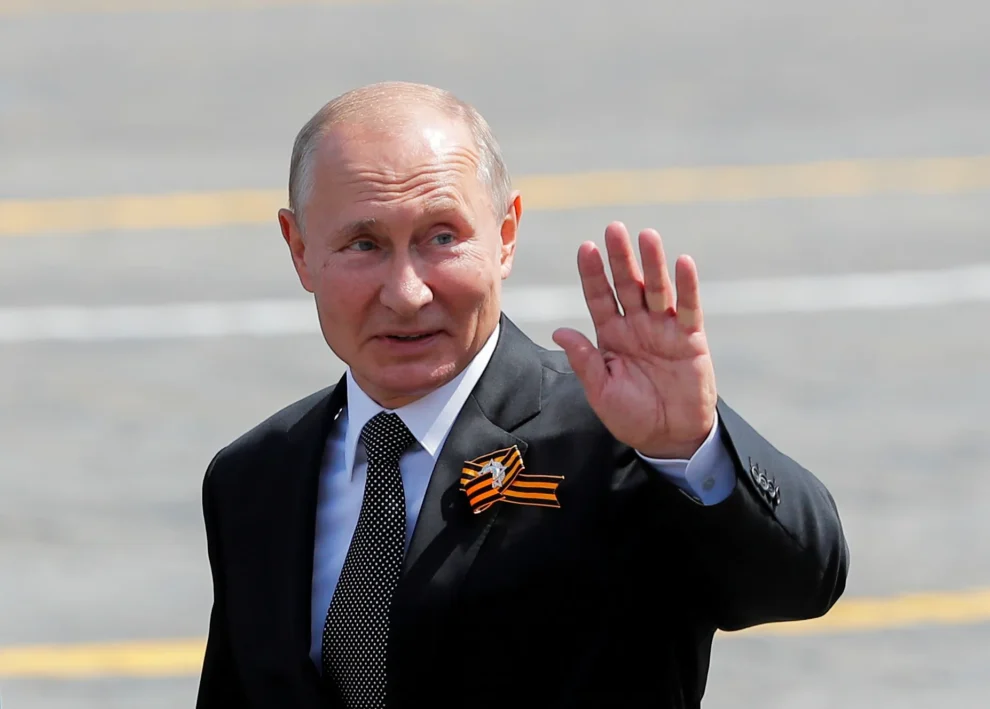


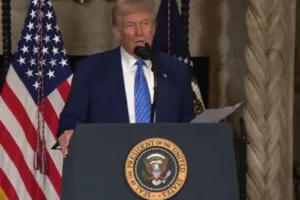







Add Comment